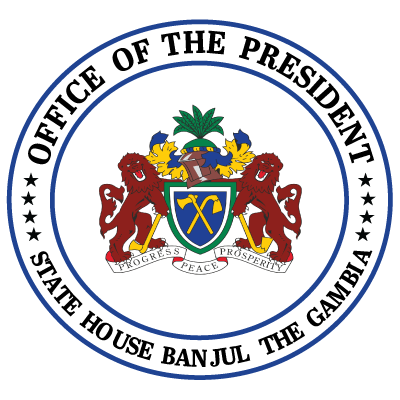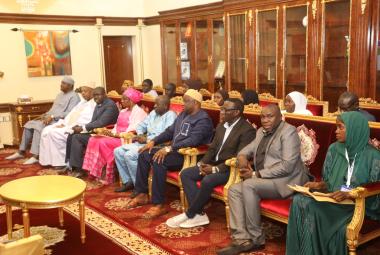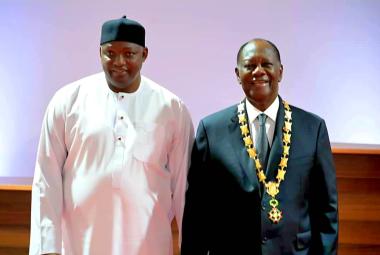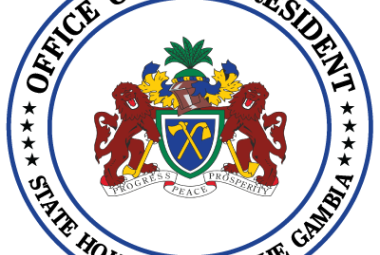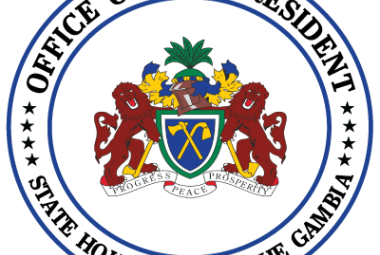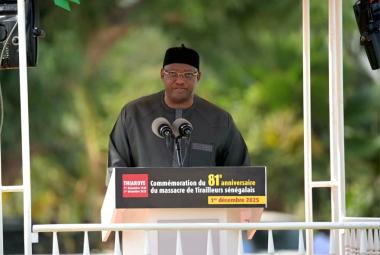The National Business Council, chaired by His Excellency President Adama Barrow, today June 12 2020, launched the Business Environment Reform programme at a meeting held at the State House.
This council, comprising pertinent government ministries and representatives of the private sector operators was launched in response to the National Development Plan of better positioning the private sector as engine of the country’s economic growth
Speaking on behalf of the President, the Vice President, Dr Isatou Touray expressed delight of government that these business environment reform process is ongoing in spite of the impacts of the Covid 19 pandemic on the country.
“Covid 19 affects us all but business must go on and the private sector is the engine of economic growth for us as stipulated in the National Development Plan,” Vice President said in her opening remarks.
She argued that the December 2016 political change in The Gambia brought with it changes in the political economy along with the business circumstances in the country. Hence it is imperative that government and private sector interface to discuss and map out ways of enhancing business environment.
Binding Constraints
The launching came following a presentation of a study conducted by a national consultant, Mr Dawda Barry, to the council. The studies, funded through the EU Technical Assistance in Supporting
National Action Plan also highlighted key cross-cutting constraints that are “significant determinants” of firm performance.
According to this report, the vision and overall goal of the NDP will be realised through eight strategic areas. “Four of these are expected to impact private sector growth in manufacturing, agriculture, tourism and trade contributions to economic growth and employment,” Mr Barry explained.
“For the private sector, inefficient tax administration, access to finance, land, as well as unreliable and affordable energy are the top binding constraints to business growth,” he added.
These “binding constraints” require reforms in the short term. They are to be assigned “high priority” because of their strong bearing on the “Cost of Doing Business” and the effective functioning of markets.
Shared vision of a developed private sector
The meeting took over five hours of interactive and frank deliberations between government and business representatives.
A shared vision of a developed private sector as engine of growth, transformation and job creation. An upgraded country infrastructure and restored energy services for driving economic growth, and an enriched culture-centered tourism for sustainable growth, were themes that dominated discussions.
This vision also includes a modernised agriculture and fisheries sector for sustained economic growth, food security and poverty reduction.
Edrisa Mass Jobe, Chairman of the Gambia Chamber of Commerce and Industry emphasised that the long-time adage of private sector being “engine of economic growth” need to move beyond words to practical implementation of programmes by government in order to concretise such an achievement.
“The private sector can only do well if allowed by government. Hence the need to interface and work together with the sector creating employment, contributing to poverty alleviation and national development through providing needed revenue to government for financing social development,” he posited.
The meeting ended with adoption of the report and launching the reform, which will begin from July towards December 2020 – with each month dedicated to a key sector.
The vice president, Dr. Isatou Touray has been appointed “Political Champion” of the council, a position expected to bring much needed political will to the partnership.
